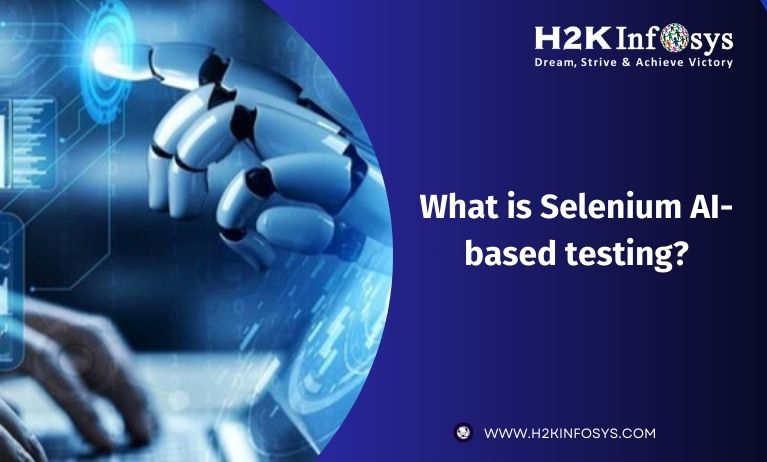Data Science:
Data science is a field in which information and knowledge are extracted from the data using various scientific methods, algorithms, and processes. Thus, it can be defined as a combination of various mathematical tools, algorithms, statistics, and machine learning techniques, which are used to find the hidden patterns and insights from the data, which helps in the decision-making process. Data science deals with both the structured as well as unstructured data and is related to both data mining and big data. Data science involves studying historical trends and using its conclusions to redefine present trends and predict future trends.
Business Intelligence:
Business intelligence is a set of technologies, applications, and processes used by enterprises for business data analysis and are used to convert raw data into meaningful information, thus used for business decision making and profitable actions. It deals with analyzing structured and sometimes unstructured data that paves the way for new and profitable business opportunities. It supports decision-making based on facts rather than assumption-based decision-making. Thus, it directly impacts the business decisions of an enterprise. Business intelligence tools also enhance the chances of an enterprise entering a new market and help in studying the impact of marketing efforts.
Both the Data Science and Business Intelligence revolve around the data. However, when Data Science is the bigger pool containing greater information, Business Intelligence can be considered part of the bigger picture. Also, Business Intelligence is limited in the scope of the business domain and is about developing the dashboards, creating business insights, organizing data, and extracting the information to help the businesses grow.
However, Data Science, on the other hand, requires a much larger picture. Data Science makes the use of a wide array of complex statistical algorithms and predictive models and is much more complex compared with Business Intelligence. In BI, past data is analyzed to understand the current trends of the business, whereas, in Data Science, data is used to make future predictions and forecast the business’s growth.
Business intelligence tools are also limited to the analysis of management information and the curation of business strategies. However, a data scientist’s tools involve complex algorithmic models, data processing, and even big data tools. While Business Intelligence focuses on generating reports based on the internal structured data, Data Science focuses on generating the insights out of the data. These insights are generated because of complex predictive analytics, and the output presented is not a report but a data model and this data model is a predictive platform that uses Machine Learning to gain future insights and capture trends in the data.
The below table shows the differences between Data Science and BI:
| Parameters | Data Science | BI |
| Concept | It is a field that uses mathematics, statistics, and various other tools to discover the hidden patterns in the data. | It is a set of technologies, applications, and processes used by the enterprises for business data analysis. |
| Perception | Looking Forward | Looking Backward |
| Role | Using Statistics & Mathematics on the dataset to uncover hidden patterns, analyze, and forecast the upcoming situation. | BI is about arranging dataset, extracting the useful information, and visualizing it to a dashboard. |
| Data Sources | It deals with both structured as well as unstructured data. Like logs, SQL, NoSQL, or text | It mainly deals only with structured data. Mostly SQL, but some time Data Warehouse) |
| Approach | Statistics, Machine Learning, and Graph | Statistics & Visualization |
| Focus | It focuses on the future. | It focuses on the past and present. |
| Tools | Its tools are SAS, BigML, MATLAB, Excel, etc. | Its tools are InsightSquared Sales Analytics, Klipfolio, ThoughtSpot, Cyfe, TIBCO Spotfire, etc. |
| Type of Analysis | Predictive, Prescriptive | Descriptive |
| Scope | Specific | General |
| Expertise | Its expertise is data scientist. | Its expertise is the business user. |
| Flexibility | Data science is much more flexible because data sources can be added as per requirement. | It is less flexible, as, in business intelligence, data sources need to be pre-planned. |
| Method | It makes the use of the scientific method. | It makes the use of the analytic method. |
| Complexity | It has a higher complexity in comparison to BI. | It is much simpler in comparison to data science. |
| Questions | It deals with the questions of what will happen and what if. | It deals with the question of what happened. |
| Usage | Data science helps companies to predict the upcoming situation. Companies use their potential to mitigate the risk and to enhance the revenue. | BI helps companies to do root cause analysis on some failure or to know its present situation. |
| Project Methodologies | Agile | Agile or waterfall |
| Overall Risks | High | Low |





























